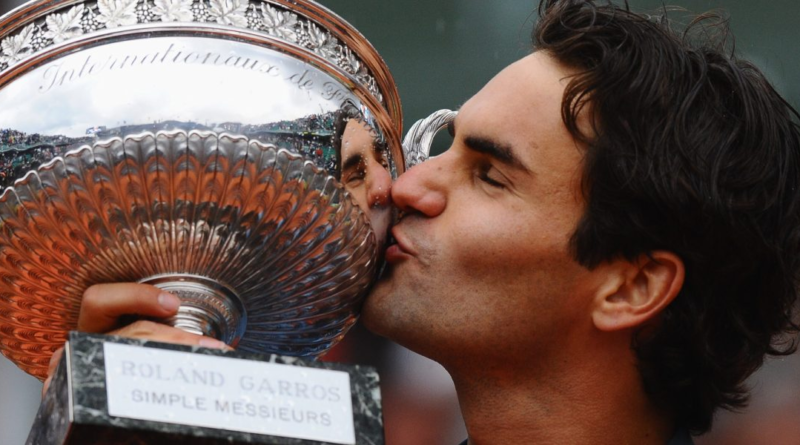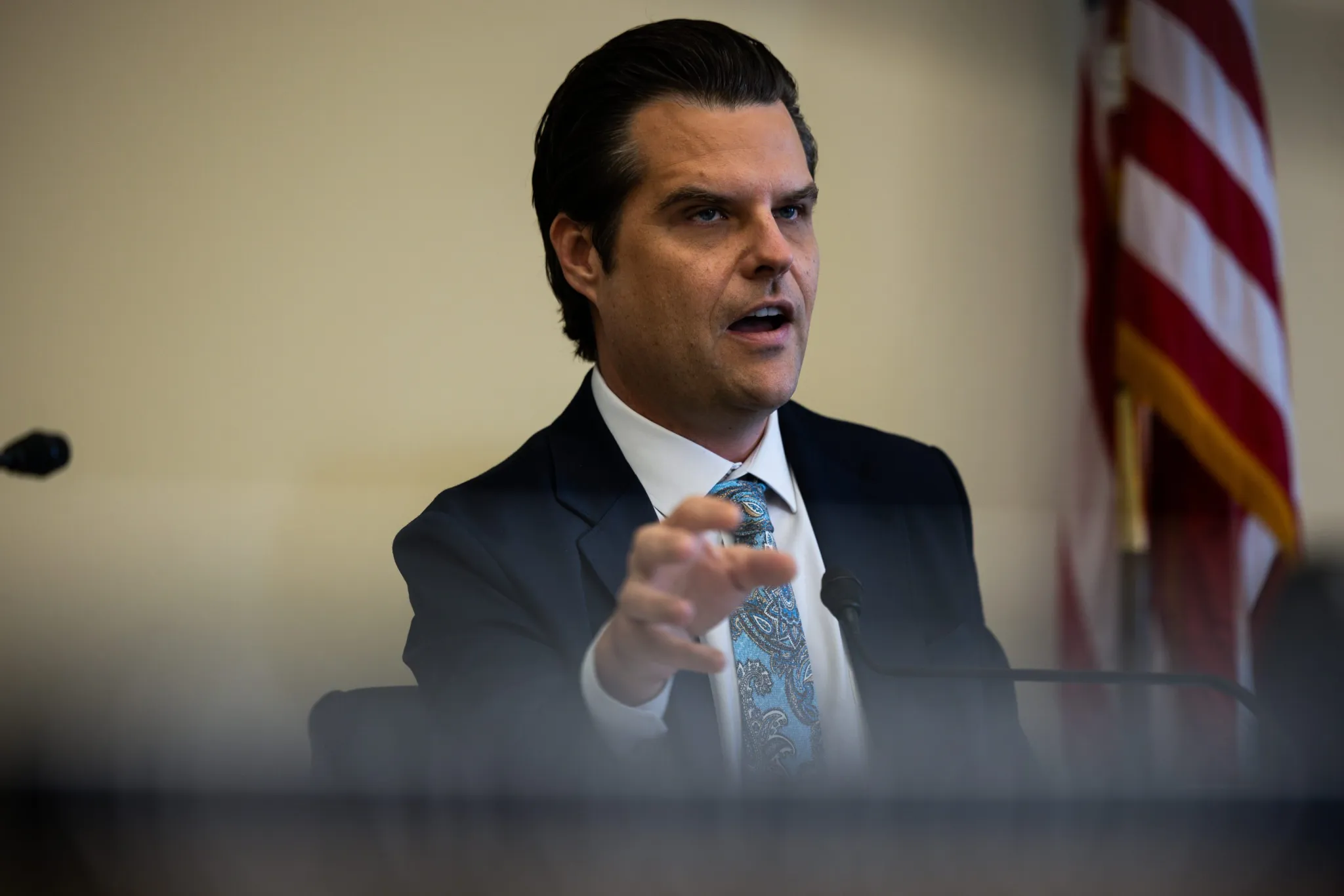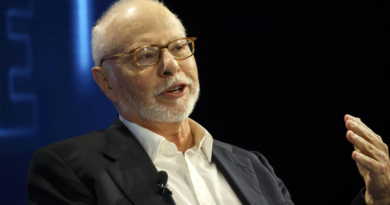The 3 biggest lessons from Roger Federer’s inspirational commencement speech
Long before Challengers turned tennis into a metaphor, Roger Federer used his sport as a way into learning life’s lessons. He imparted a number of them to Dartmouth College’s latest graduating class in what has now become a viral commencement speech.
“Graduates, I feel your pain. I know what it’s like when people keep asking what your plan is for the rest of your life,” he joked. But even though he’s left the professional courts, Federer is sharing the wisdom he learned from his time on the grass.
The newly retired star athlete became a household name in the 2000s, spending a (since broken) record 237 consecutive weeks as the No. 1 in singles tennis by the ATP. He’s gleaned a lot not just from his wins but also from his defeats, as he breaks down his decades-long career into three main takeaways for the class of 2024.
Effortless is a myth
Federer saying calmness is a learned skill is not unlike Julia Roberts saying every redhead is a box dye. But despite his reputation, Federer was a hothead as a teenager and describes his attempts to rein it in and seem unbothered.
Describing his being bristled by many people saying his playing was effortless, he insists that no success comes without trying.
“The truth is I had to work very hard to make it look easy,” he said. “I spent years whining, swearing … throwing my rackets before I learned to keep my cool.”
Federer noted that even with his parents and coaches calling him out, his attitude only changed when one of his opponents publicly recognized his behavior.
“Roger will be the favorite for the first two hours, then I’ll be the favorite after that,” his opponent said. Still early in his career, Federer was confused. But he describes coming to understand the meaning. Doing well when you’re feeling fresh is simple and easy; it’s later on when your resolve fades and your body gets tired that the performance really matters.
“It made me understand I have so much work ahead of me,” he said, explaining that he trained to get that collected reputation as he realized “winning effortlessly is the ultimate achievement.”
Relating it back to the graduating class, Federer asks how often they saw their peers get good grades without putting much of a sweat in. “Hopefully like me, you learn that effortless is a myth. I didn’t get where I got [by] pure talent alone. I got there by trying to outwork my opponents,” he continued.
Federer recognized “talent matters,” but said it’s not an innate thing. In life and in tennis, “not about having a gift, it’s about having grit.”
It’s only a point
No matter how much sweat and tears you put into a game, you can still walk away sans trophy, Federer acknowledges.
His biggest loss was the 2008 Wimbledon tournament, where he was playing to reach a historical achievement: six consecutive titles. At one point, Federer remembers thinking his opponent—Rafael Nadal, who’s won 22 Grand Slam men’s singles titles—was hungrier than he was. That’s when the game was over. Even though he had a last-minute boost of confidence, it “came too late,” and he lost. Federer remembers how some people suggested that it was the end of his career.

FABRICE COFFRINI—AFP/Getty Images
But even though it was a monumental game, it really was only a blip in his career. “In tennis, perfection is impossible,” Federer said. While he was top dog for a stretch of time, he still whiffed a lot. Federer noted he won 80% of his 1,526 singles matches, but only 54% of all points.
On average, missing every second point made Federer “learn not to dwell on every shot,” including his milestone wins and losses. Of course, you bring everything you have into each point, but once it’s done then it’s no use lingering. And letting the past stay in the past allows you to put everything into each moment or point, he added.
“The truth is, whatever game you play in life, sometimes, you’re going to lose a point, a match, a season, a job,” he said. “It’s natural when you’re down to doubt yourself, and to feel sorry for yourself. But negative energy is wasted energy.”
It’s in those hard times that a real winner is made: “The best in the world are not the best because they win every point. It’s because they know they’ll lose again and again.”
Life is bigger than the court
A court is small after all, only a bit bigger than a dorm room, Federer explained. Even though that’s where he built his life, he knew there was more to life than the world of tennis.
Federer said he’s had “a rewarding life full of travel, culture, friendships, and especially family.” While traveling the world, he turned to philanthropy and created a foundation toward making early-childhood education more accessible.
Though he was just 22 years old at the time, feeling perhaps he was too young to dive into anything beyond tennis, he took a chance, launched the Roger Federer Foundation, and found his journeys immensely rewarding. Noting that philanthropy is not just about donating money, but also ideas and time, Federer urged graduates to look outside their own bubbles they’ve built as well.
“All of you have so much to give, and I hope you will find your own unique ways to make a difference, because life really is much bigger than the court,” he added.




